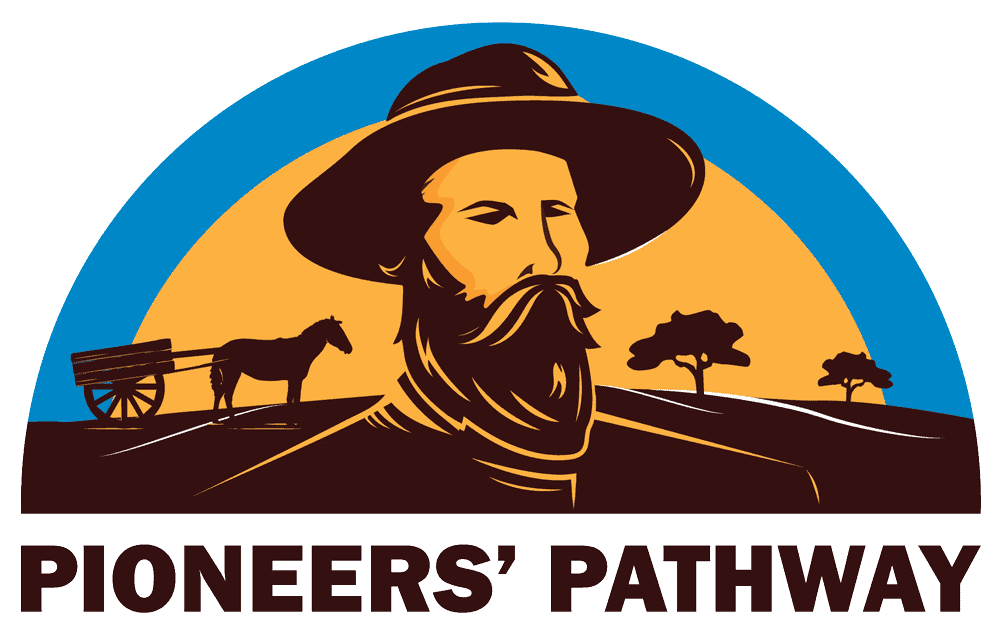It’s not often that women are credited with showing the pioneering spirit. They are often painted as silent spectators tending to the home and children while the men go off to explore uncharted territory.
However, Jane Swain Adams’s name is known with the best of the pioneers. Affectionately known as ‘Granny Adams’, she showed resilience and foresight in maintaining the Mangowine Homestead in Nungarin.
Born in Toodyay, local girl Jane married cobbler Charles Frederick Adams and they settled in Mangowine, the furthest point anyone had lived up until that point. Their new home was built of stone and mud brick, paved with large flat stones and roofed with gimlet rafters and reeds. They lived in isolation, the only contact being with the local Aboriginal community. Soon, Jane started keeping detailed weather records for the meteorological office.
She continued to keep records for 47 years as she managed the home, children, and the inn providing rooms and meals to prospectors heading to Yilgarn. Unfortunately, her isolation was to continue as her husband Charles died of a heart attack leaving her a widow at 44 years of age, the sole carer and provider for nine children.
Jane took to the task like a duck to water and ran the property, kept sheep, and grew vegetables for railway workers who stayed nearby and cropped their wheat-fields. A year after she recovered from typhoid, Jane applied for and won a tender to do the mail run with her teenage son Charles. It used to take Charles one full week to do the mail run at the time!
After the year 1900, the government opened up land in the area and Granny Adams became a mentor for inexperienced farmers who were struggling to make a living.
She died at the age of 83 and is buried in Nungarin cemetery. Jane was inducted into the Western Australian Agricultural Hall of Fame in 2003 for her many outstanding contributions and spirit. If you’re a woman travelling through the area, you’ve just got to go and pay your respects to this pioneer – of the land and of women of our time.

Moondyne Joe

The Slater Family

Joe Anderson

John Lindsay

Jane Adams

